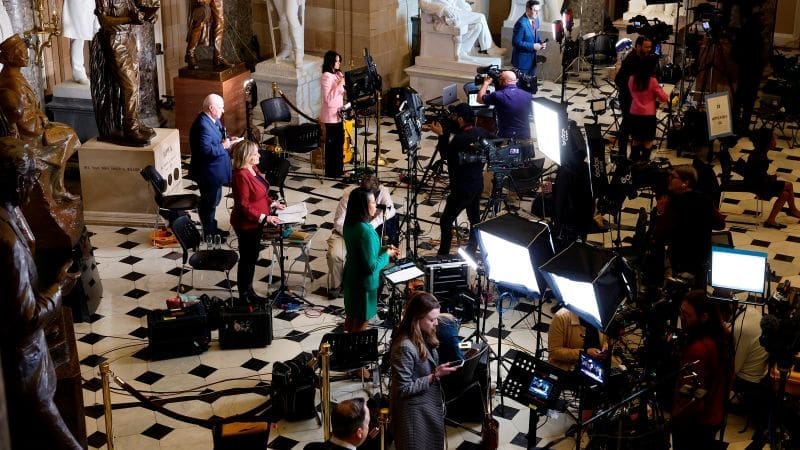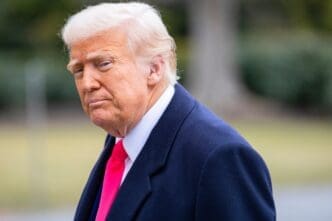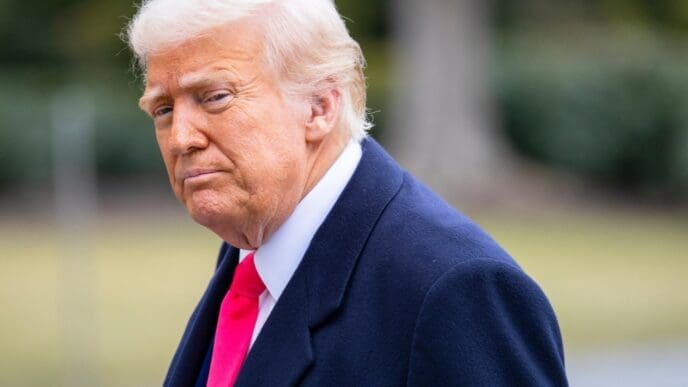The bill in question, known as the PRESS Act (Protect Reporters from Exploitative State Spying Act), sought to shield journalists from being compelled to disclose their sources and aimed to limit the unauthorized seizure of their data. Interestingly, this bill had previously cleared the Republican-led House, indicating some level of bipartisan agreement.
Trump took to Truth Social, urging Republican senators to ‘kill this bill.’ This public opposition added a political dimension that compounded challenges in the Senate, where the bill fell short of the 60 votes needed for passage. Senate Majority Leader Chuck Schumer had prioritized confirming judges and addressing other legislative issues like government funding and defense policies during this limited session.
The Freedom of the Press Foundation responded on social media, noting that Democrats anticipated the difficulty of passing the bill. They urged that the session pause be shortened to allow for further attempts at legislation. The Foundation’s statement emphasized that speeches were insufficient, given the urgency of preventing government interference with press freedom.
Democratic Senator Ron Wyden of Oregon made an attempt to pass the bill via unanimous consent, only to be blocked by Republican Senator Tom Cotton of Arkansas, who voiced national security concerns. Cotton argued that the bill might inadvertently support those he described as ‘deep-state leakers, traitors and criminals,’ and criticized journalists who, in his view, might exploit such protections.
Entities like the Reporters Committee for Freedom of the Press leveraged a recent Inspector General report from the Justice Department, which highlighted issues with leak investigations during Trump’s first tenure, to advocate for the bill. Executive Director Bruce D. Brown asserted the necessity for legal safeguards to ensure journalists can operate without fear of retribution.
Despite the bill’s failure to advance, press advocacy organizations argue for continued efforts, citing strong bipartisan support in principle if not in practice.
With the Senate session time-limited and priorities set elsewhere, the PRESS Act faces significant hurdles. As long as opposition remains firm and political strategies are prioritized, the future of this legislation remains uncertain, leaving journalists without the federal protections many deem crucial.
Source: CNN














